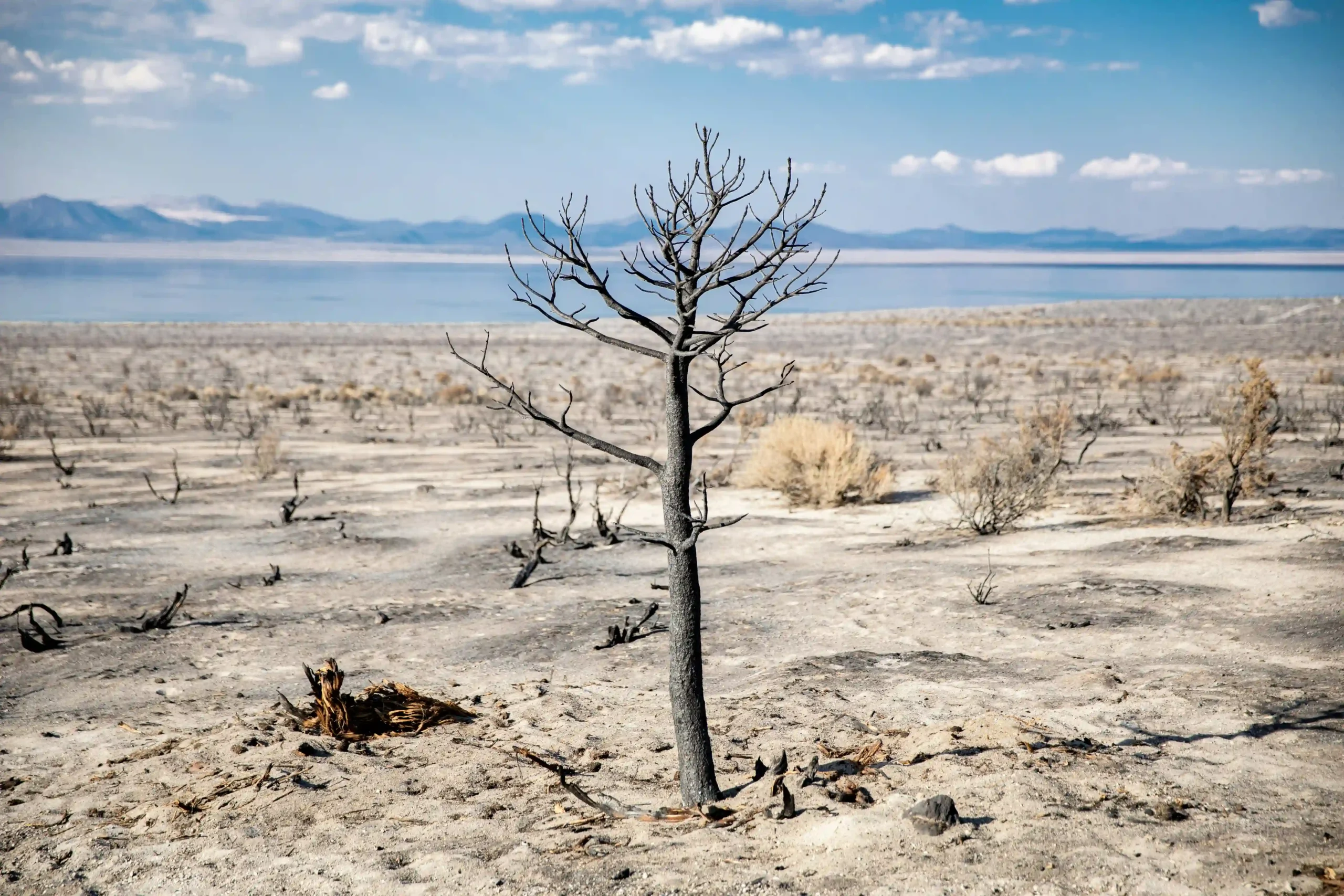Science Careers in 2025: Where Innovation Meets Opportunity
Imagine a world where curing diseases, reversing climate change, and unlocking cosmic mysteries aren’t just dreams—they’re daily job descriptions. As of February 2025, career opportunities in science fields are exploding, with the global STEM workforce projected to grow by 13% annually, according to the World Economic Forum. Whether you’re an entrepreneur eyeing biotech startups, a marketer bridging tech and consumers, or an innovator shaping tomorrow’s solutions, science careers now offer unparalleled potential. This guide unveils the most lucrative, impactful, and future-proof career opportunities in science fields today, blending cutting-edge trends with actionable strategies to help you thrive. Ready to turn curiosity into currency? Let’s dive in.
Why Science Careers Are Redefining 2025’s Workforce
The demand for science professionals has never been higher. From AI-driven drug discovery to sustainable energy breakthroughs, industries are scrambling for talent. The U.S. Bureau of Labor Statistics reports that employment in life sciences alone will surge by 18% by 2030, outpacing nearly every other sector. But it’s not just about lab coats and microscopes—modern career opportunities in science fields now intersect with tech, business, and policy, creating hybrid roles like bioinformatics strategists and climate data analysts. For innovators and entrepreneurs, this means a goldmine of niches to disrupt, scale, and monetize.
Top 6 Emerging Science Fields to Watch in 2025
1. Synthetic Biology: Engineering organisms to produce biofuels, medicines, and even biodegradable materials is revolutionizing industries. Companies like Ginkgo Bioworks are hiring computational biologists and ethical AI specialists.
2. Quantum Computing: With tech giants like IBM and Google racing for quantum supremacy, roles in quantum algorithm development and cryptography are booming.
3. Neurotechnology: Brain-computer interfaces (BCIs), spearheaded by pioneers like Neuralink, require neuroscientists and hardware engineers.
4. Environmental Genomics: Studying DNA to restore ecosystems offers roles for geneticists and conservation tech developers.
5. Space Economy: NASA’s Artemis Program and private firms like SpaceX need astrophysicists, propulsion engineers, and space lawyers.
6. Precision Medicine: Tailoring treatments using genetic data has created demand for pharmacogenomics experts and health informatics managers.
Explore Nature’s 2025 Career Trends Report for deeper insights.

How to Launch Your Science Career: A Step-by-Step Playbook
Step 1: Identify Your Niche: Align your skills with market needs. For example, data science + biology = bioinformatics.
Step 2: Upskill Strategically: Platforms like Coursera offer nano-degrees in AI for healthcare or climate modeling.
Step 3: Network in Niche Communities: Join groups like SynBioBeta or the Planetary Society to connect with industry leaders.
Step 4: Leverage Internships and Grants: Organizations like the National Institutes of Health (NIH) fund research roles for early-career scientists.
Case in point: 24-year-old Maria Chen pivoted from chemistry to carbon capture tech through a DOE-funded internship, now leading a startup backed by Bill Gates.
Real-World Success Stories in Science Careers
Case 1: Dr. Ava Patel, a former pharmaceutical researcher, co-founded a CRISPR-based gene-editing firm now valued at $2B. Her tip? “Collaborate across disciplines—our breakthrough came from merging AI with molecular biology.”
Case 2: Tech Meets Ecology: Engineers at Rainforest Connection use AI and acoustic sensors to combat deforestation, partnering with Google’s DeepMind.
Case 3: From Lab to Boardroom: Ex-biochemist Rajiv Singh now heads business development at Moderna, proving that science careers offer vertical and lateral mobility.
For inspiration, follow Science Magazine’s Career Blog.
2025’s Biggest Science Career Trends
1. Remote Labs: Cloud-based platforms like Emerald Cloud Lab let scientists conduct experiments from anywhere, slashing R&D costs.
2. Ethical AI Integration: Roles in AI ethics auditing for biotech and healthcare are surging.
3. Green Chemistry: Companies like Pivot Bio seek chemists to develop carbon-negative fertilizers.
4. Hybrid Roles: Science communicators and IP lawyers with technical backgrounds are in high demand.
A McKinsey report predicts 60% of science jobs will require跨界 skills by 2030—so diversify your expertise now.
Tools and Resources to Accelerate Your Science Career
1. Learning Platforms: Master Python for bioinformatics via DataCamp or synthetic biology via MIT OpenCourseWare.
2. Job Boards: Scout niche roles on Nature Careers or New Scientist Jobs.
3. Funding Databases: Grants.gov and the European Research Council list opportunities for emerging scientists.
4. Mentorship Networks: Platforms like MentorNet connect STEM professionals with industry veterans.
Pro Tip: Build a digital portfolio showcasing projects—GitHub for coders, Figshare for researchers.
Conclusion: Seize Your Place in Science’s New Frontier
The career opportunities in science fields aren’t just jobs—they’re catalysts for global transformation. Whether you’re developing lab-grown organs or optimizing renewable energy grids, your work will define the 2025 landscape. Entrepreneurs, leverage emerging fields to build scalable ventures. Marketers, translate complex innovations into compelling narratives. Innovators, dare to merge disciplines and rewrite the rules. The future belongs to those who embrace science’s boundless potential. Ready to leave your mark? Start today—the lab, the boardroom, and the world are waiting.